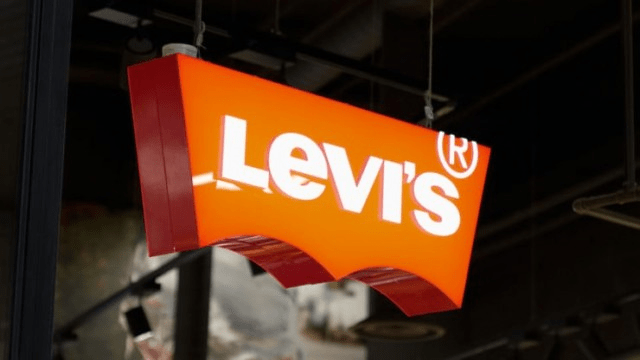
Why Skills-First Leadership Is Replacing the Ivy League Playbook in the C-Suite
The old prestige pyramid—where Ivy League degrees and blue-chip consulting backgrounds paved the way to the CEO seat—is cracking.

April 12, 2021: -On Thursday, Levi Strauss CEO Chip Bergh said that the jeans maker is shopping for extra space as commercial rental vacancies are in. The San Francisco company wants to add to its 40 stores and 200 outlet locations in the U.S. to boost its direct-to-customer operations, says the executive.
“That represents a huge opportunity, especially with the, you know, the commercial real estate tsunami that is happening right now,” Bergh told CNBC’s, Jim Cramer. Vacancy rates at regional malls increased up to 11.4% in the first quarter, almost from 10.5% in the fourth quarter, according to Moody’s Analytics data. “It allows us to secure good locations at good leases, and we’re capitalizing on that,” he added.
In February, the company said direct-to-consumer sales accounted for nearly 40% of Levi’s total revenue in the previous year. For this year, Levi wants those sales to make up 60% of total revenue.
Part of its new store rollout is what the company calls NextGen Stores. These are designed to be smaller, as little as 2,500 square feet, and equipped with machine learning to help with inventory, Bergh said.
“These do represent significant opportunities, and we’ve declared we’re going to be DTC-led going forward,” he said. “It’s critical to us, gross margin accretive, and we’re successful at it.”
Levi’s strategy of direct-to-consumer includes its mainline and outlet stores, online operations, and department stores with which it partners. Category sales dropped 26% last quarter, losses it blamed on less foot traffic in its stores.

The old prestige pyramid—where Ivy League degrees and blue-chip consulting backgrounds paved the way to the CEO seat—is cracking.

Loud leaders once ruled the boardroom. Charisma was currency. Big talk drove big valuations.

But the CEOs who make history in downturns aren’t the ones with the deepest cuts

Companies invest millions in leadership development, yet many of their best executives leave within a few years. Why?

The most successful business leaders don’t just identify gaps in the market; they anticipate future needs before anyone else.

With technological advancements, shifting consumer expectations, and global interconnectedness, the role of business leaders

At seventeen, Professor Richard Rose stepped into a world few adults dare to navigate: the world of children fractured by trauma. He wasn’t a clinician then, nor a scholar. He was simply a young man with a heart tuned to the quiet ache of others.

Following a distinguished Law Enforcement career Joe McGee founded The Securitatem Group to provide contemporary global operational specialist security and specialist security training products and services for private clients, corporate organisations, and Government bodies. They deliver a wide range of services, including complete end-to-end protection packages, close protection, residential security, protection drivers, and online and physical installations. They provide covert and overt investigations and specialist surveillance services with a Broad range of weapons and tactical-based training, including conflict management, risk and threat management, tactical training, tactical medicine, and command and control training.

Jay Wright, CEO and Co-Owner of Virgin Wines infectious energy, enthusiasm, passion and drive has been instrumental in creating an environment that encourages talent to thrive and a culture that puts the customer at the very heart of every decision-making process.

Fabio de Concilio is the visionary CEO & Chairman of the Board at Farmacosmo, a leading organization dedicated to mental health and community support services. With a deep commitment to identifying and meeting customer needs, Fabio ensures that high standards are maintained across the board.

Leave us a message
Subscribe
Fill the form our team will contact you
Advertise with us
Fill the form our team will contact you